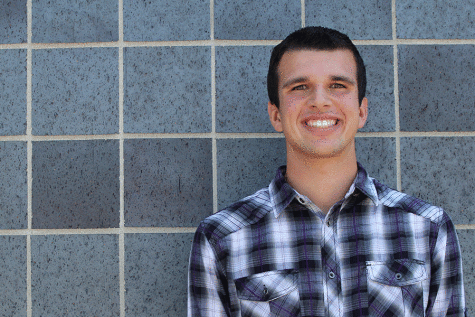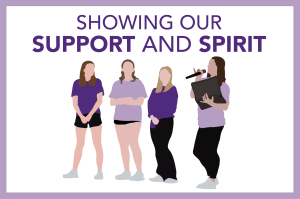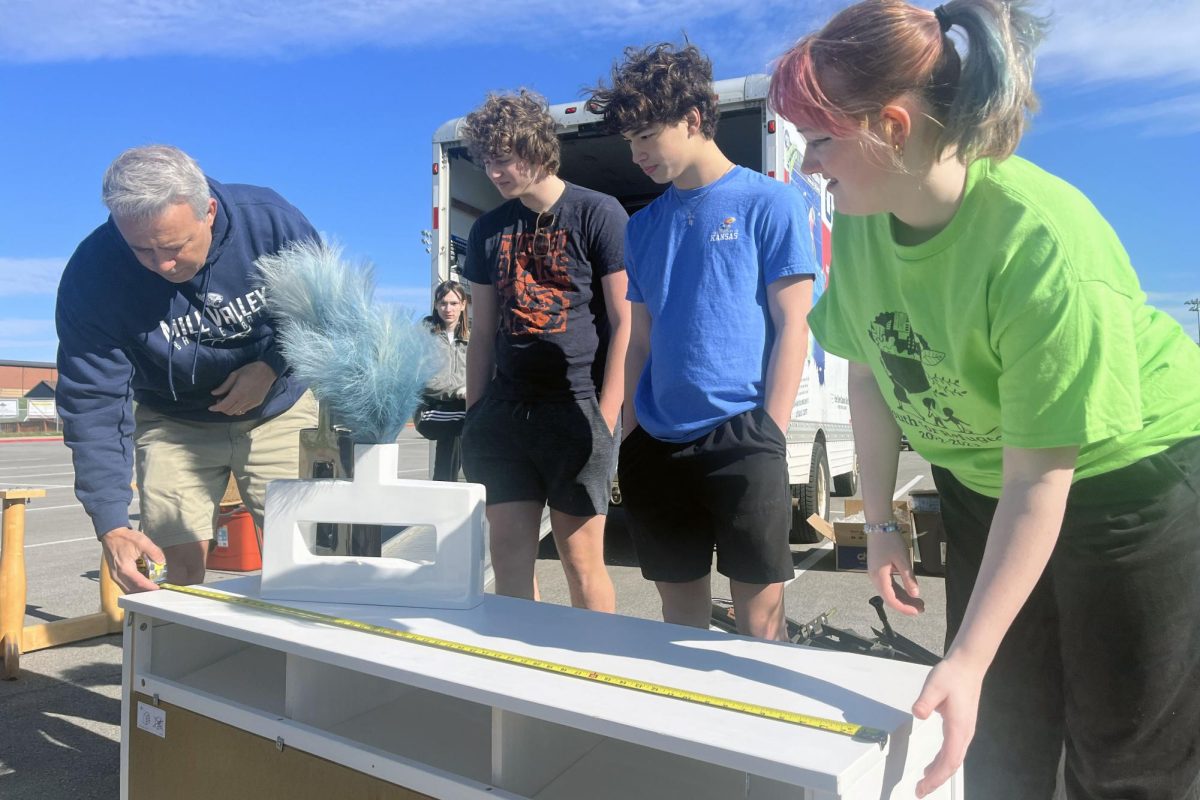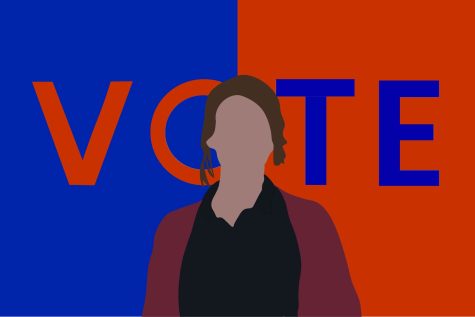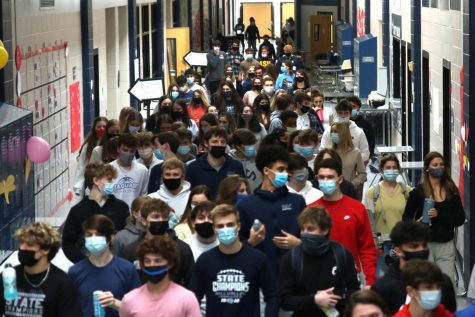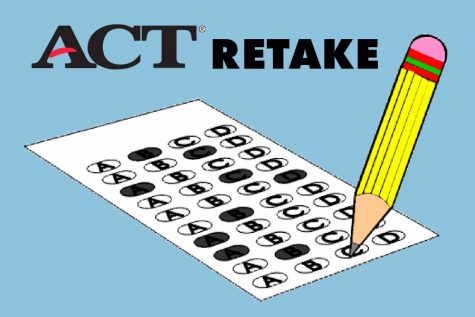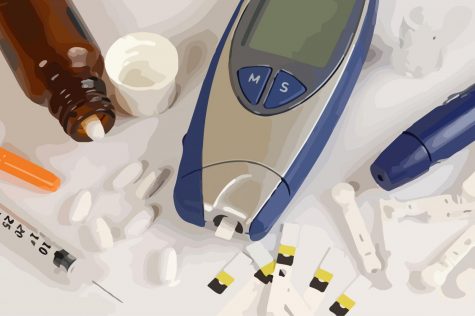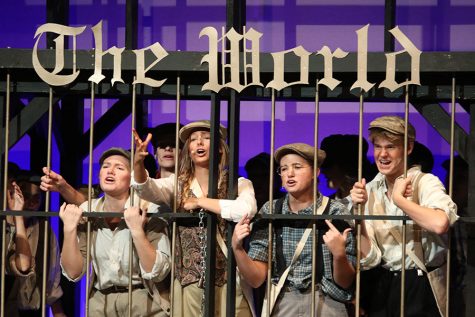What same-sex marriage won’t fix
The Supreme Court is expected to finally rule on same-sex marriage this year, but the battle for LGBT equality is still far from over
January 20, 2015
On Friday, the Supreme Court agreed to hear four cases in April involving a 6th U.S. Circuit Court of Appeals ruling that upheld same-sex marriage bans in Kentucky, Michigan, Ohio and Tennessee. Recently, the court has been ruling in favor of same-sex marriage — in 2013, it federally recognized same-sex marriages by striking down a section of the Defense of Marriage Act and allowed same-sex marriages to proceed in California by refusing to rule on a case about Proposition 8. Then, in 2014, it refused to hear five cases involving same-sex marriage bans, paving the way for same-sex marriage in nearly all of the 4th, 7th and 10th Circuits. Given this track record, many are expecting it to issue a once-and-for-all ruling in late June that will both lift same-sex marriage bans and enforce same-sex marriage recognition.
With all of the buzz around same-sex marriage, many see the battle for marriage rights as the last step toward lesbian, gay, bisexual and transgender equality. This simply isn’t true. Even if the Supreme Court allows same-sex marriage throughout the U.S. with their rulings on these four cases, same-sex marriage still won’t fix everything.
Same-sex marriage won’t fix LGBT discrimination. According to the American Civil Liberties Union, only 18 states and the District of Columbia ban discrimination based on sexual orientation and gender identity, with an additional three banning only discrimination based on sexual orientation. Also, many states (Kansas included) have enacted laws allowing businesses to refuse services to someone who is LGBT. So, even if the Supreme Court lifts same-sex marriage bans across the country, LGBT people will still be able to be fired from their jobs and refused service in public places solely on the basis of their sexual orientation or gender identity.
Same-sex marriage won’t fix reparative therapy. According to the National Center for Lesbian Rights, only two states and the District of Columbia ban reparative therapy — physical and psychological efforts aimed at changing an individual’s sexual orientation or gender identity — for minors. The American Psychological Association, American Psychiatric Association and American Association of Pediatrics have all spoken out against the practice, saying it does not change sexual orientation or gender identity and can harm the self-esteem, emotional well-being and psychological state of youth. Despite this, a vast majority of the U.S. still lets parents place their children in reparative therapy, and a same-sex marriage ruling won’t help fix that.
Same-sex marriage won’t fix transgender rights. Many federal laws do not give transgender people easy ways to change their name or gender on forms of ID like passports or driver’s licenses, according to the National Center for Transgender Equality, and three states — Idaho, Ohio and Tennessee — do not allow transgender people to change the sex on their birth certificate, according to Lambda Legal. In addition, many people do not know about non-binary genders, gender-neutral pronouns or the differences between physical sex, gender identity, gender expression and sexual orientation, which can affect their perception of transgender people. While a same-sex marriage ruling may help transgender people marry their partners, despite state recognition of transgender status, transgender people will still need to make a lot of progress before they can achieve equal rights.
Same-sex marriage won’t fix HIV rates among men who have sex with men. According to the Centers for Disease Control and Prevention, gay and bisexual men accounted for four of every five cases of HIV in the U.S. in 2012. The CDC also reports that, in the U.S. in 2012, over half of all people living with HIV were gay or bisexual men. A ruling in favor of same-sex marriage gives these men much-needed marriage rights, but still does nothing for HIV education, prevention and treatment efforts in the LGBT community.
Same-sex marriage won’t fix LGBT bullying. According to the Gay, Lesbian and Straight Education Network, more than half of LGBT youth hear homophobic slurs often at school, more than one-quarter of LGBT youth have missed school due to bullying and 85 percent of LGBT youth have been verbally harassed at school. Partially because of this, lesbian, gay and bisexual youth are four times as likely as straight youth to attempt suicide, and almost half of all transgender youth have contemplated suicide, according to the Trevor Project. Many LGBT youth are unsafe in school, and even a same-sex marriage ruling will not help them feel safer.
Same-sex marriage won’t fix acts of violence against LGBT people. According to a report published by the Human Rights Campaign, sexual orientation is the third highest motivation for hate crimes, only after race and religion. Even after the passage of the Matthew Shepard Act in 2009, which extended hate crime laws to violence based on sexual orientation or gender identity, 2012 had the fourth highest yearly total of LGBT murders ever. A same-sex marriage ruling might help LGBT people get married, but they’ll still face high rates of violence, all because of sexual orientation and gender identity.
In spite of all this, same-sex marriage will do something. A national ruling on same-sex marriage and marriage recognition will give LGBT people a civil right that they’ve been fighting for since the ‘70s, when the Supreme Court refused to hear Baker v. Nelson, the first same-sex marriage case to make it to the Supreme Court. However, if the Supreme Court rules in favor of same-sex marriage and marriage recognition, the U.S. still needs to understand that the fight for LGBT equality is far from over.




